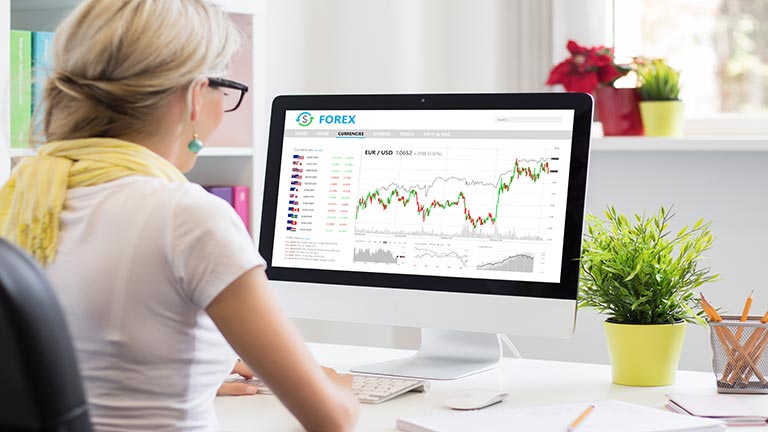Can the Stock Market Thrive with Elevated Inflation?

By Dale Gillham
Recent data indicates that inflation appears to be easing in both the US and Australia with some suggesting it may have already peaked, and that we could avoid a recession. While this sounds encouraging, the headline inflation rate is still way too high, which is why we need to consider how this will affect the stock market for the remainder of this year.
Why the stock market is likely to be bullish
We know the RBA is targeting a two to three per cent inflation rate, yet it is currently around double that. As such, some experts are indicating it may take some time for the RBA to reach that target. Given this, the financial hardship that Australian households are experiencing in increasing numbers may not ease any time soon. That said, on a positive note, we still have full employment, but this situation may not last too much longer, as businesses are also finding the current climate quite tough.
All of this implies that the stock market may not be overly bullish in the coming year but is that really the case. While the data indicates the economy may be slowing, we also need to consider that an inflationary environment is normally one of growth. Yet that is not what we have experienced in the Australian economy over the past few years. It has also not been reflected in the stock market.
While it is expected that the RBA will raise interest rates at least one more time if not twice this year, we are very close to interest rates peaking. There is a lot of cash sitting on the sidelines waiting to be invested, therefore, once rates peak, I believe two things will occur. The first is that consumer spending will start to rise and secondly, money will flow into the stock market.
So, while the current economic situation may not seem all that positive, this is the time when smart investors get ready to profit, as my analysis indicates we still see a strong bull market before any major decline occurs.
What were the best and worst performing sectors last week?
The best performing sectors included Information Technology up 6.37 per cent followed by Materials up 5.75 per cent and Energy up 4.95 per cent. The worst performing sectors included Healthcare down 0.37 per cent followed by Consumer Staples up 0.85 per cent and Utilities up 1.90 per cent.
The best performing stocks in the ASX top 100 included Evolution Mining up 17.08 per cent followed by Virgin Money up 15.88 per cent and Block up 15.54 per cent. The worst performing stocks included Medibank Private down 4.01 per cent followed by QBE Insurance down 3.60 per cent and CSL down 2.22 per cent.
What's next for the Australian stock market?
I know I keep saying that a week can be a long time in the market but last week my statement was validated given that the All Ordinaries Index defied logic rising 3.77 per cent. To put that into perspective, the market closed at its highest point since mid-April, yet only the week prior it closed at its lowest point since the end of March. The rise last week erased three months of falls in just one week, so if you’re a little perplexed you’re not alone.
I indicated recently that the market has not been overly bearish or bullish for several months and while it was overly bullish last week, one week doesn’t change anything. I say this because while last week was very bullish, trading volumes were lower than the prior three weeks and at their lowest levels since the end of April. For the bull run to continue, we need to see volume rising with price, not falling while price is rising.
So once again, we continue to experience a time when anything can happen, and while I remain positive about the market longer term, the current conditions suggest investors should proceed with caution and not buy into the market based on FOMO.
In the short term, while last week may have signalled the end of the down move, this is yet to be confirmed. Therefore, while we should hope for the best, we must plan for the worst, which means you need to ensure you always have an exit strategy.
For now good luck and good trading.
Dale Gillham is Chief Analyst at Wealth Within and international bestselling author of How to Beat the Managed Funds by 20%. He is also author of the bestselling and award winning book Accelerate Your Wealth—It’s Your Money, Your Choice, which is available in all good book stores and online.






